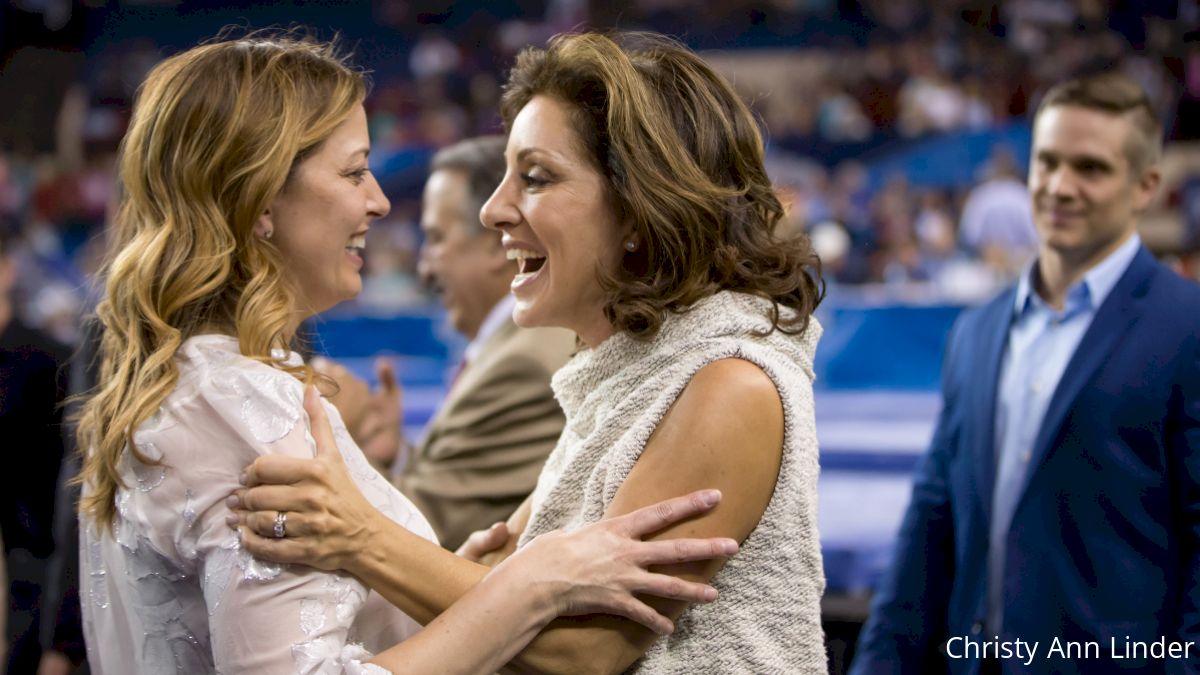Recruiting 101: What It's Like Being An NCAA Head Coach
Recruiting 101: What It's Like Being An NCAA Head Coach
What it is like being a head coach of a college team

I thought it would be fun to write about my own experience going from being an assistant coach for 14 years to becoming a head coach for six years. My guess is you will be surprised by some of the responsibilities of the head coach. Often, most head coaches have similar roles, but it can be very different depending on the sport and the personality as well as their strengths and weaknesses.
I cherished my years as an assistant. I enjoyed being the one who enhanced our program and did not have to be the one who was in charge. When a head coaching position came along, I was not sure that job was for me, but in the end, I absolutely loved it. There are the obvious responsibilities everyone thinks of when you hear the words “head coach" — like arranging practice and motivating your team and assistant coaches. There's also the task of deciding who you will recruit and who will be in the lineup. The head coach is the one who typically makes the final decision in these matters. Typically, whether the team wins or loses falls on the shoulders of the head coach.
What you may not realize is how often the head coach has to be a “jack of all trades." Leading the team and managing the athletes and staff is probably at the top of what is required. Speaking, fundraising, marketing and recruiting are also very important. Overseeing academic progress, travel, and alumni relationships can also be part of the job description or sometimes delegated to the assistant coaches. The bigger the conference, the stronger the athletic department, and the more support systems are in place so the head coach can focus often on “coaching and managing."
My favorite part of being a head coach was being able to create the culture of the team in regards to what I felt would make us the most successful. I remember the team I inherited had the perspective that the seniors “ruled." The seniors basically were in charge and the underclassmen were to bow down to them. This created a lot of tension. This was the first item on my list to change. It was not the type of culture I wanted on my team. At our first team meeting, I told the girls that our team was going to serve each other. The seniors would be serving the freshmen. No one was better than anyone else. We were going to become a unit in which everyone would be expected to work together. The juniors and seniors were not thrilled at first, but in time it became a very unified group and no one felt beneath anyone else. Everyone’s opinion mattered and the demeaning mentality was gone.
My hope is that this type of information will help you in the recruiting process. It is important to observe the head coach with intent because they are the ones that really do create the atmosphere either positive or negative. Head coaches have a rhythm that works for them and you want to be sure it fits with your desires and goals. I would say next to picking a college that fits your academic level, being sure you feel very comfortable with the head and assistant coaches is paramount. You will be spending a great deal of time under their authority and while you can observe everything they do on one visit, you can get a pretty good feel for how things are organized and managed.
Jill Hicks has a college advising business called JH Consulting which helps parents and gymnasts navigate the college recruiting process. You can contact her for a FREE consultation by going to www.jhicksconsulting.com